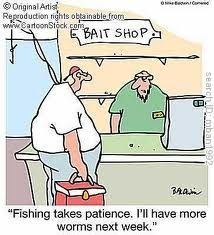Hack, Tweak, & Share
After some blog tweaking last night I left it with a new theme, the twenty ten wordpress.com default theme. One of the brilliant aspects of Wordpress is a rhythm of development. First I can hack on the php source. Then I can tweak the design until I'm satisfied. Finally I can share my work in a way of my choosing. The Hack, Tweak, & Share pattern serves the blog ecosystem. High end theme designers and design aggregators have created sustainable businesses from this pattern. The pluggin architecture has also served functional hackers and developers with back link juice, geek glory, and fame. Pain heals. Chicks dig scars. Glory, lasts forever.
Wordpress as a platform breaks down when it comes to someone who's not comfortable hacking, or tweaking css and identifying which content/main div needs resizing (mild pita). A simple WYSIWYG theme creator would solve the tricky CSS issues (and standardize div naming at least a little). As to the php code hacking I'm still stumped on a way to ease in mainstream adoption and entry into scripting, but I have an idea I'd like run by you.
Easy Blog
How about a starter blog, written in Ruby (more inviting to new coders/scriptors). Kept as simple as possible with an optional flexible front end leveraging JavaScript/JQuery. Alternatively go with a JavaScript back and front end. Either way, it's designed from top to bottom to encourage new folks to get into web hacking. There could be a straight forward visual editor that shows the script/css side by side. Changing a div width or adding a menu would show an immediate code modification. Common naming conventions would enable some sweet dynamic code interaction and rapid modification.
The whole product would have a single bundle on windows, Mac, Linux for one click shopping. For domains, you get a free one on xxx.mysoapbox.com or roll your own. Synchronizing can happen automatically or manually with a single click between local development files and the server in a way that new users don't have to suffer through.
Super simple blogs like Tumblr and Posterous have determined most people don't want to learn how to code, they want to communicate. When selling the concept of coding to a segment of folks, it needs to be made as streamlined as possible. The process of developing will be blended into communication. The decision not to code comes from a spooky animal reaction to arcane unreadable syntax. Extraordinarily well thought out defaults and design, will encourage non-coders to cross the chasm. I still believe there is enormous untapped value in collaborative web design and a world where most people can hack, even if it means I have to bait 5 billions hooks ;).
